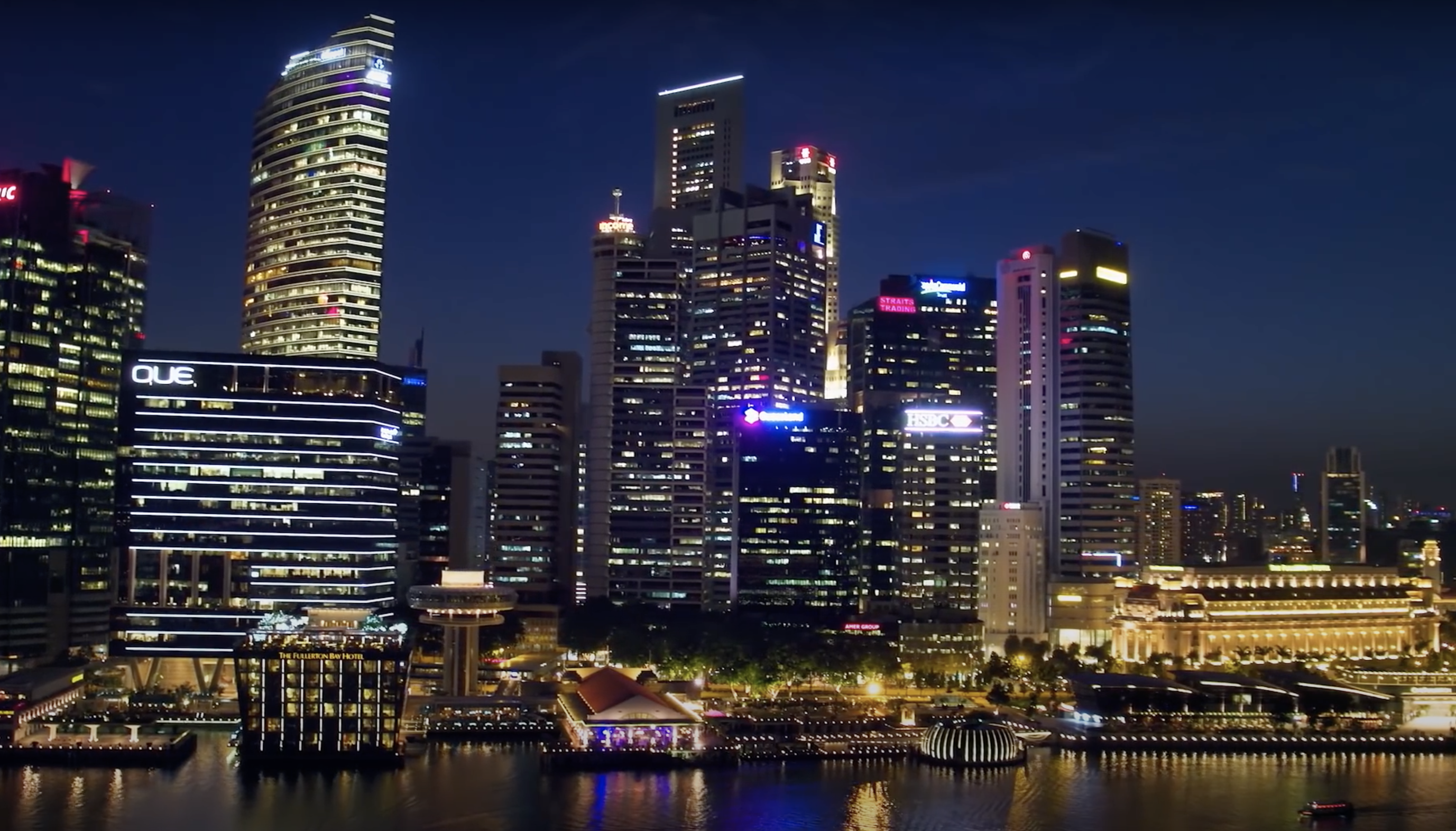Singapore has always had the distinction of being one of the top destinations for global talent seeking career advancement and a fantastic quality of life. Besides being one of the world’s cleanest cities, it offers the unique appeal of the exciting hustle and bustle of Asian city life with the cushy amenities and opportunities of the first world. Not to mention the world-class universities and gorgeous tropical weather.
With the world in the grips of the COVID-19 pandemic, the city state’s global economy is struggling to reckon with one of the worst recessions since the Global Financial Crisis of 2009. Overall unemployment rates are up, and the government has implemented measures to focus on the hiring of local Singaporeans. What does this mean for foreign talent—expats who are currently in Singapore and those who are still considering their options?
The conversation on local and foreign talent in Singapore is not a recent one, but recent events have fanned the flame on the discussions on different social media platforms.
Singapore as a top expat destination
According to the global index the Top Expat Destinations of 2018, Singapore was ranked the 5th best destination for expats overall, behind Bahrain, Taiwan, Ecuador and Mexico. In 2019, Singapore fell one level to 6th place, after Taiwan, Vietnam, Portugal, Mexico and Spain.
The Expat Insider Working Abroad Index 2018 found the city-nation to be the 6th top place in the world for “career prospects and satisfaction” as well as “economy and job security”. In 2019, the index saw Singapore slide further down the list, in 12th and 8th places for the same categories, respectively.
Unemployment and uncertainty for foreign workers
The pandemic brought with it a wave of unemployment, specifically for foreign workers, with many losing their jobs due to sickness, job closures and outbreak-related restrictions.
The main findings of the Ministry of Manpower’s (MOM) Labour Market Report in the First Quarter 2020, published in June, were that “total employment contracted sharply due to a significant fall in foreign employment”.
Along with rising unemployment rates come uncertain and bleak work prospects, particularly for expats. In March, Minister for Manpower Josephine Teo gave a speech on the labour market in Singapore. Speaking on fair opportunities and hiring practices, Minister Teo underlined that Singaporean businesses need to employ, specifically to promote the hiring of local talent before looking to the foreign talent pool.
The first quarter report emphasised the government’s initiatives to “mitigate the impact of COVID-19 on the labour market”, measures which may have “helped to cushion the overall impact, especially on local workers”.
It also noted that labour market conditions would be “likely to worsen” in the second quarter, especially due to the sudden and large decrease in the “hiring demand globally as well as in Singapore”, due to circuit breaker measures brought on by the pandemic.
On August 5, MOM released a statement announcing that 47 companies—including fund managers, consulting firms and banks—were placed on a Fair Consideration Framework (FCF) watchlist for alleged discriminatory hiring practices that prioritised foreign applicants. MOM also noted that a further 240 companies were also being observed for similarly suspicious hiring methods.
The dwindling appeal of the expat lifestyle
While the life of an expat has always held a major draw for professionals around the world, the prospect of upending one’s entire life and moving oneself (and one’s family, in most cases) to another country while the pandemic rages on is a terrifying and extremely daunting experience.
Many expats in places such as Asia, Australia, the United Kingdom and the Middle East have felt the uncertainty brought on by the pandemic, with many heading back to their home countries. Venturing out of the comfort zone of one’s own country again is going to be a problem, experts say, adding that health and safety will be on the top of every expats’ list, post-pandemic.
Whether the destination will have adequate healthcare and medical facilities will factor greatly in foreign workers’ decisions to choose expat living. Destinations are going to have to work harder to market themselves as safe destinations that hold a lot of opportunities for global talent.
Despite the economic difficulties brought on by the COVID-19 pandemic, Singapore remains one of the best hubs for technical and financial business and an alluring destination for a holistic lifestyle. /TISG

